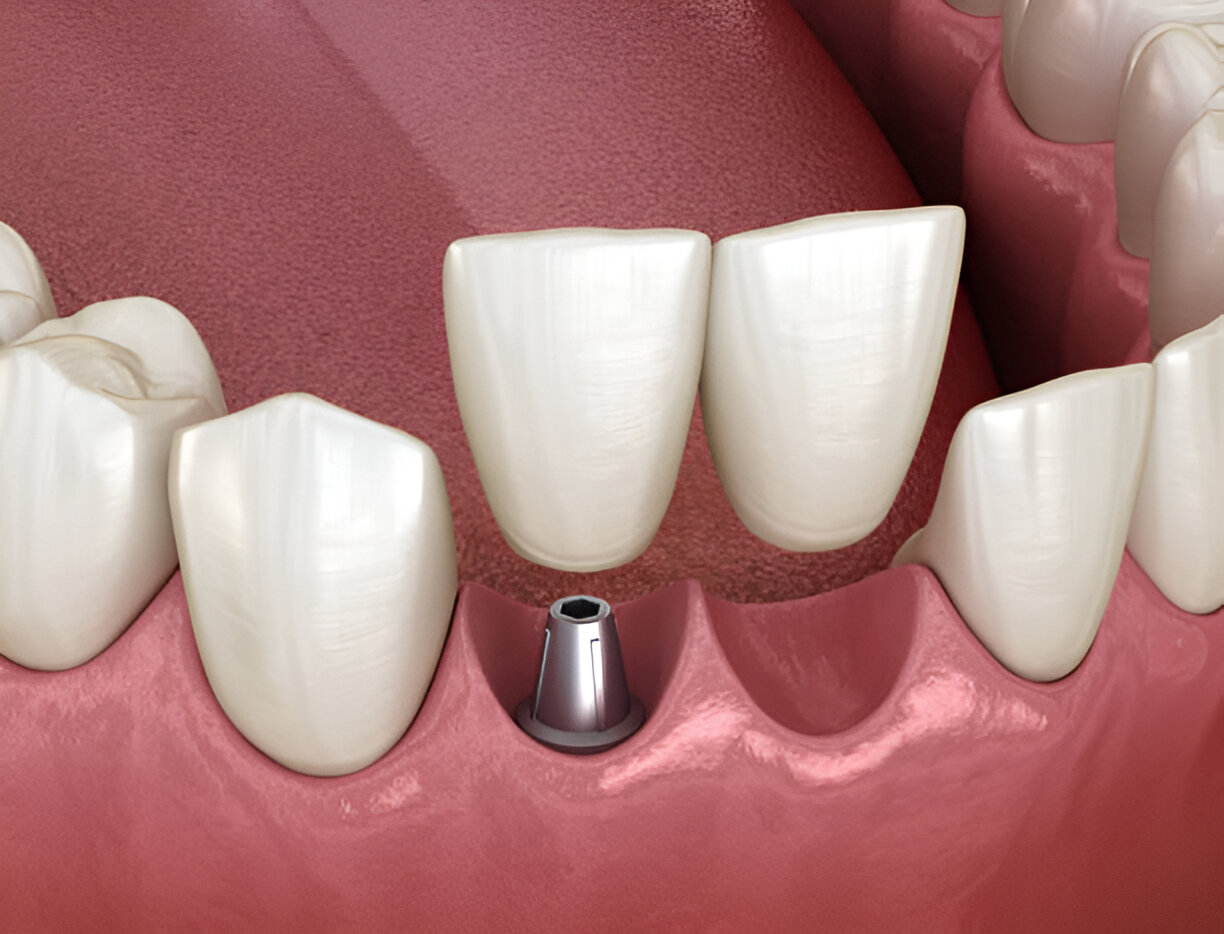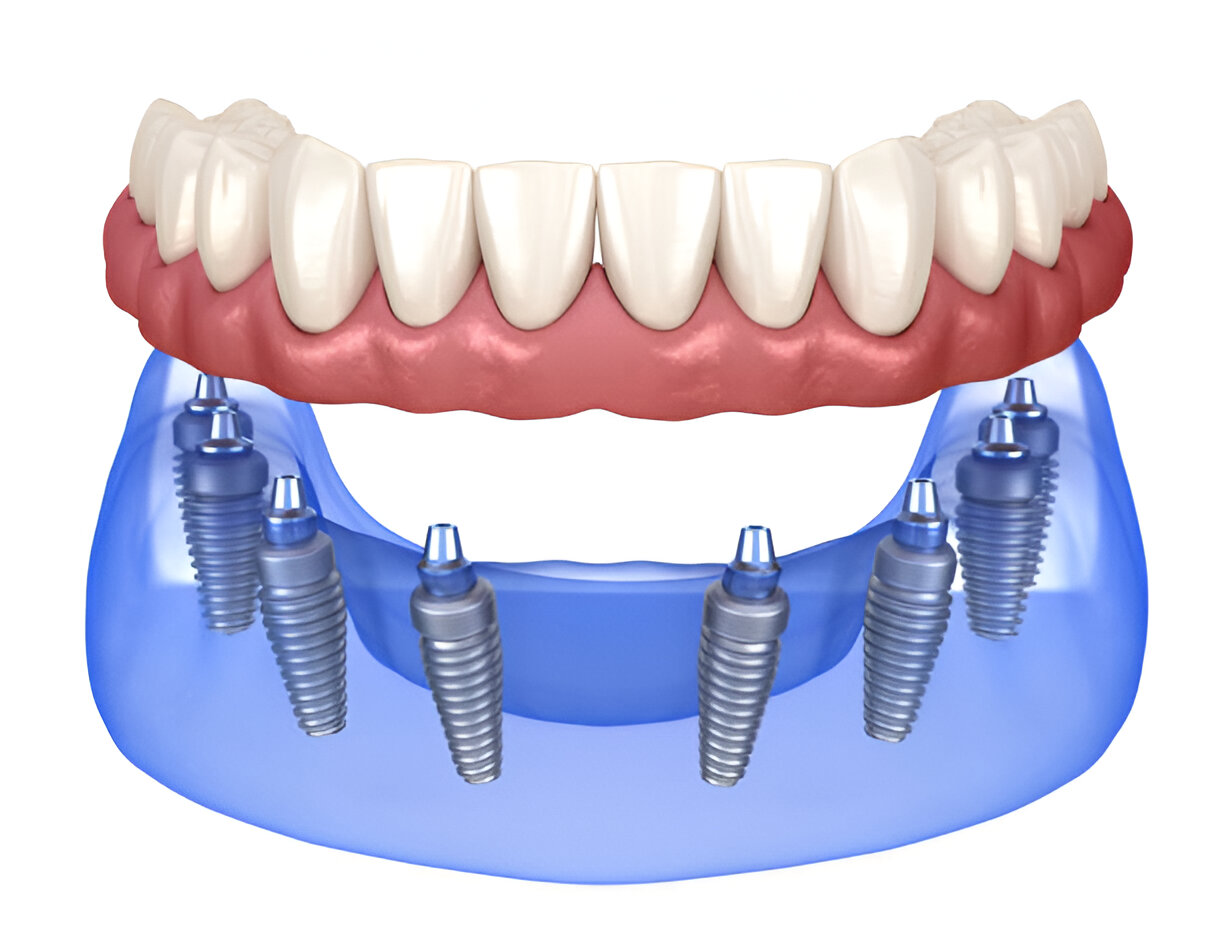When you’re in severe dental pain, it’s natural to wonder if an emergency dentist can help you by removing a troublesome tooth. Sometimes, the thought of a tooth extraction might sound scary. However, emergency dentists are trained to deal with situations like this and provide you with the relief you need. In this article, we’ll explain how emergency dentists work, when they might need to extract a tooth, and what you can expect from the procedure.
What is an Emergency Dentist?
An emergency dentist is a dentist who offers urgent care for dental issues that cannot wait for a scheduled appointment. Unlike regular dentists, who see patients during normal office hours, emergency dentists are available outside of those hours. This means they can provide quick treatment when you need it most, such as for toothaches, broken teeth, or injuries to the mouth.
Emergency dentists can handle a variety of dental issues, from filling cavities to performing tooth extractions. If you’re facing serious dental problems that cause pain or discomfort, an emergency dentist is your best option for fast, effective treatment.
What is the fastest way to stop a toothache?
Will an Emergency Dentist Take a Tooth Out?
Yes, an emergency dentist can take a tooth out if needed. If you’re experiencing severe tooth pain, an emergency dentist will first examine your teeth to determine the cause of the problem. Depending on the severity of the issue, they might recommend a tooth extraction as the best solution.
There are several reasons why a tooth extraction may be necessary. These include:
- Severe Tooth Decay: If a tooth has significant decay that has damaged the root, the tooth may need to be removed to prevent further infection and pain.
- Trauma or Injury: Accidents that cause damage to a tooth, like a severe crack or break, may require removal if the tooth cannot be saved.
- Abscess or Infection: A tooth infection that doesn’t respond to antibiotics can lead to an abscess, which may require extraction to stop the spread of infection.
- Overcrowded Mouth: In some cases, especially with wisdom teeth, an emergency dentist might remove teeth to prevent overcrowding or alignment issues.
Do You Have to Pay for Emergency Dentist in the UK?
What to Expect During a Tooth Extraction
If you’re looking for an NHS dentist in Aberdeen for a tooth extraction, the first step is a thorough assessment of your mouth to determine the best approach. Your NHS dentist will explain the procedure in detail and use a local anaesthetic to ensure the area is completely numb—so you won’t feel any pain during the extraction. While you might experience some pressure as the tooth is loosened and removed, it shouldn’t be painful. If you’re feeling nervous, be sure to let your NHS dentist in Aberdeen know so they can help put you at ease.
The entire extraction process usually takes between 30 minutes to an hour, depending on how complex the case is. For example, if a tooth is broken or lies below the gum line, your Aberdeen NHS dentist may need to perform a surgical extraction, which involves making a small incision in the gum to access the tooth. This can take a little longer but is a common and safe procedure.
Will an Emergency Dentist Extract a Tooth?
Aftercare for Tooth Extraction
Once your tooth has been removed, your dentist will provide you with aftercare instructions to help the area heal properly. You might feel some discomfort and swelling, which is normal, but it should subside within a few days.
Here are a few tips to help with recovery:
- Rest: Take it easy for the first 24 hours. Avoid any strenuous activities or heavy lifting.
- Ice Packs: Applying an ice pack to the outside of your cheek can help reduce swelling.
- Avoid Smoking and Drinking Through Straws: Smoking and sucking through a straw can interfere with the blood clotting process and delay healing.
- Eat Soft Foods: Stick to soft foods like soups, mashed potatoes, and scrambled eggs for the first few days. Avoid hard or chewy foods that could irritate the extraction site.
- Keep the Area Clean: Gently rinse your mouth with warm salt water after the first 24 hours to help prevent infection. Be careful not to disturb the blood clot that forms in the socket.
How to Know If a Tooth Infection Spreads to the Brain?
How Long Does it Take to Recover?
Recovery times vary from person to person, but most people start to feel better within a few days. The pain and swelling will typically decrease after the first 24 hours, and you should be able to return to normal activities within a week. However, full healing can take a few weeks, especially if stitches were needed to close the gum after the extraction.
If you experience severe pain, swelling that doesn’t go down, or notice any signs of infection such as a fever, you should contact your dentist immediately.
Can a Tooth Infection Self-Heal?
When Should You See an Emergency Dentist?
You should consider seeing an emergency dentist if you have any of the following symptoms:
- A sudden, severe toothache that doesn’t go away with pain relief
- A broken or cracked tooth that is causing pain
- An abscess or swelling in your mouth that causes discomfort
- If your tooth becomes loose due to trauma or injury
Delaying dental treatment for these issues can make the problem worse and might lead to more complicated treatment later.
Is It Expensive to Have a Tooth Extracted?
The cost of a tooth extraction can vary depending on the complexity of the procedure. Simple extractions tend to be less expensive, while surgical extractions, which involve cutting the gum or removing bone, can cost more. If you have dental insurance, it may cover part of the cost of the procedure. It’s always a good idea to check with your dentist beforehand to discuss pricing and payment options.
Conclusion
In conclusion, yes, an emergency dentist can take a tooth out if necessary. If you are experiencing dental pain or issues that may require an extraction, don’t hesitate to contact an emergency dentist. They are trained to handle these situations and can provide you with the relief you need as quickly as possible. With proper aftercare, you can expect to heal and feel better in no time. Always take good care of your teeth to avoid needing an emergency extraction, but if you do find yourself in need of one, an emergency dentist is the right professional to turn to.
Book Your Appointment Today
At Holburn Dental and Implant Centre, we understand that extractions can feel intimidating, but our friendly team is here to make the experience as stress-free as possible. If you’re in need of a trusted NHS dentist in Aberdeen, contact us today to book your appointment and take the first step towards better oral health.
FAQs About Emergency Tooth Extractions
Can an emergency dentist remove any tooth?
Yes, an emergency dentist can remove most teeth, including those with severe decay, infection, or damage. However, if the tooth is deeply impacted, they may refer you to a specialist for more complex extractions.
Will I feel pain during the extraction?
No, emergency dentists use local anaesthesia to numb the area, so you shouldn’t feel any pain. You may feel pressure or discomfort but not sharp pain.
How soon can I eat after a tooth extraction?
You should avoid eating for at least 2 hours after the extraction to let the anaesthesia wear off. After that, stick to soft foods for a few days to prevent irritation.
What should I do if the bleeding won’t stop?
If bleeding continues, bite down gently on a clean gauze pad for 30 minutes. If bleeding persists, contact your emergency dentist immediately.
How can I prevent dry socket?
To prevent dry socket, avoid smoking, sucking on straws, and sp


